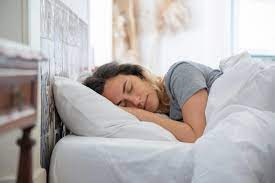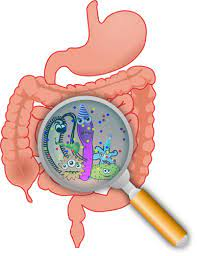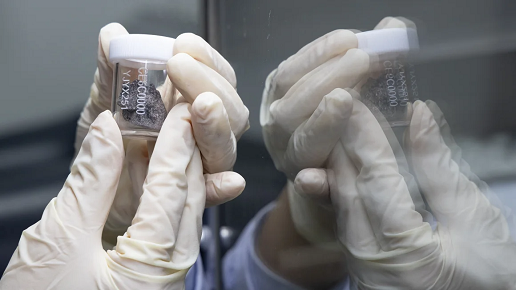It's not just stress and lifestyle habits that cause difficulty sleeping; the gut microbiota can also affect good sleep. Heho Health nutritionist Chen Yunzhen points out that sleep quality is closely related to food.
What is the relationship between gut health and sleep? Chen explains that when the gut microbiota is disrupted, it can indirectly interfere with sleep. This can happen due to irregular sleep patterns which alter the composition of the gut microbiota, further affecting sleep quality. Poor diet can disrupt the microbiota much like an irregular sleep pattern, leading to sleepless nights counting sheep.

Sleep quality is closely related to the food you eat. (Image: Provided by pxhere)
Chen emphasizes that the gut microbiota consists of good and bad bacteria constantly competing with each other. To increase the number of good bacteria, it's essential to maintain a clean "living environment" for them and provide nutritious food to keep them thriving.
Good bacteria improve sleep quality for a good night's sleep Chen reminds us that good bacteria need "prebiotics" as food, with dietary fiber being an excellent choice. A balanced diet including six major food groups and fresh fruits and vegetables is recommended. Additionally, directly supplementing with probiotics can help. Japanese studies have shown that lactic acid-fermented drinks can aid sleep, especially when combined with relaxing ingredients to alleviate daily fatigue.
Chen points out that sleep probiotics can assist in falling asleep. Sleep probiotics not only contain the patented BIOJOVIAL® ProGA28 good sleep bacteria extracted from kimchi but also include adequate amounts of GABA and the patented Sensoril® Ashwagandha, which clinical studies have proven to help relax and improve sleep quality.
The GABA in sleep probiotics can enhance mood, calm the mind, and help achieve relaxation for better sleep. Sensoril® Ashwagandha, known as Indian ginseng, enhances the relaxation effect and regulates physiological functions. Combined with sleep-promoting ingredients like sesamin and vitamin E, it can make sleep more restful. Chen suggests that the following groups can benefit from sleep probiotics:

When the gut microbiota is disrupted, it can indirectly interfere with sleep. (Image: Provided by Public Domain Vectors)
- Students who often stay up late studying
- Busy professionals with high workloads and difficulty sleeping
- People who always feel tired and lack energy
- Those who frequently dream and wake up easily
- Individuals who yawn frequently during the day and have poor memory
- Those experiencing menopausal symptoms
- People with bad breath
- Individuals adjusting to time zone changes
- https://news.immigration.gov.tw/Column/Detail/7319ec83-3721-43f4-81e5-670adca871a2?category=1&lang=TW
How should sleep probiotics be supplemented? Chen recommends taking one packet before bed each night, with a maximum of two packets per day. Since probiotics are sensitive to high temperatures, they should be taken with cold or room temperature water. Additionally, if taking antibiotics, probiotics should be taken separately, as antibiotics will eliminate both good and bad bacteria. It's best to wait until after the antibiotic course is finished or take the probiotics at least one hour apart from the antibiotics.







